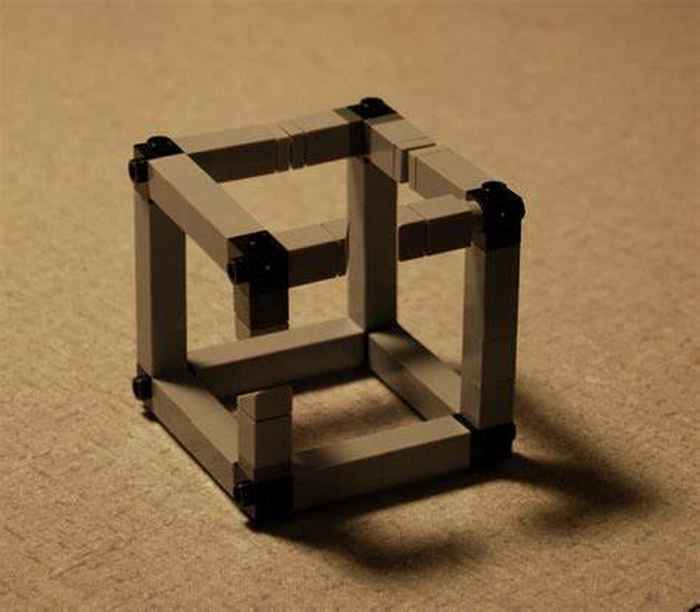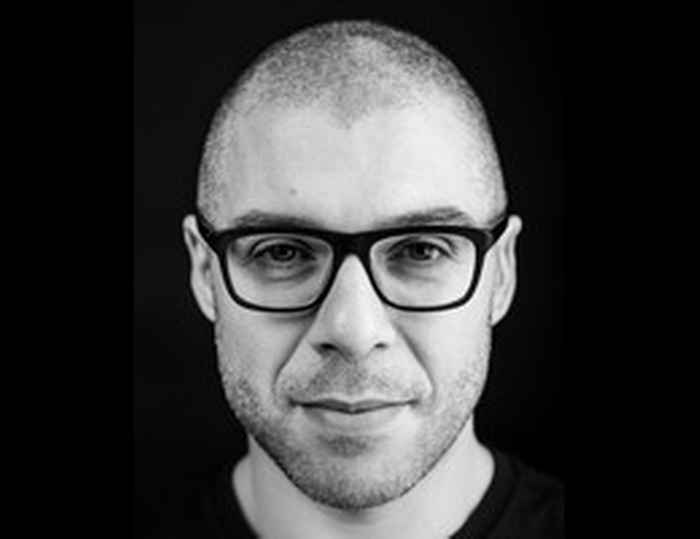IAS, and the logical quality of documents
Blog by Alumni Fellow Davide Ceolin
28 March 2023

Documents, in this context, are to be intended with a broad meaning, that includes, for instance, blog posts, newspaper articles, etc. The quality of a document can be estimated in many different ways because this ultimately depends on how (and by whom) the document is going to be used.
For example, we can judge how good a document is to inform citizens. Documents are usually composed of a sequence of statements linked in order to form a narrative. These narratives ultimately are composed of premises and conclusions of arguments supporting a given set of claims. This forms the logical structure of documents. My goal is to analyze whether (and how) this logical structure is linked to the quality of the documents. To do so, I need to refer to the theory from the humanities and work tools that automate such theories and allow analyzing large amounts of documents.
In between these two extremes, there is the use of human computation to analyze in-depth online documents following the theories, and providing annotated examples that can be later used to train semi-automated models. This has been and still is the focus of this line of my research: drawing bridges between humanities and computer science, both from the approach and the methodological side.

The Institute of Advanced Studies is an excellent place where to investigate these themes, because of its interdisciplinary environment, and being a join IAS/DSC fellow further enhanced this. Being a joint fellow meant being part of the different realities within the Univeristy of Amsterdam. I felt welcome as part of both of them. I attended events both at the IAS and at the DSC, where I had a chance to meet both researchers and support personnel. To this extent, I treasure both work and social events. These allowed me to appreciate the value and heterogeneity of the two communities and to learn from interesting points of view. For example, having the possibility to present my research to the IAS community helped improve the way I think of and present the societal impact of my work, as well as how I link to different disciplines.
Attending social events like the Christmas party at IAS and the Data Science Center Day away I would definitely recommend my colleagues to apply for a fellowship: it is a great opportunity to deep focus on their own research while working in an inspiring environment. At the same time, the institute offers useful opportunities to expose one's research to a vast audience and to interact with top scientists from diverse backgrounds.